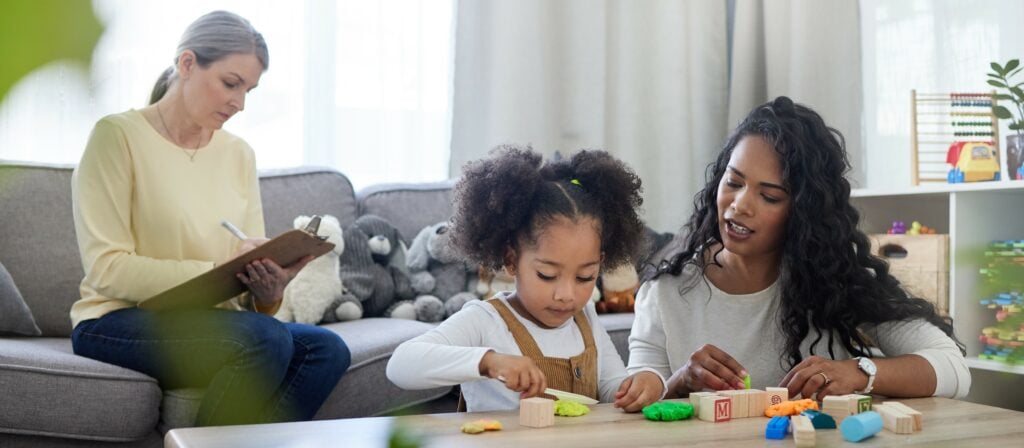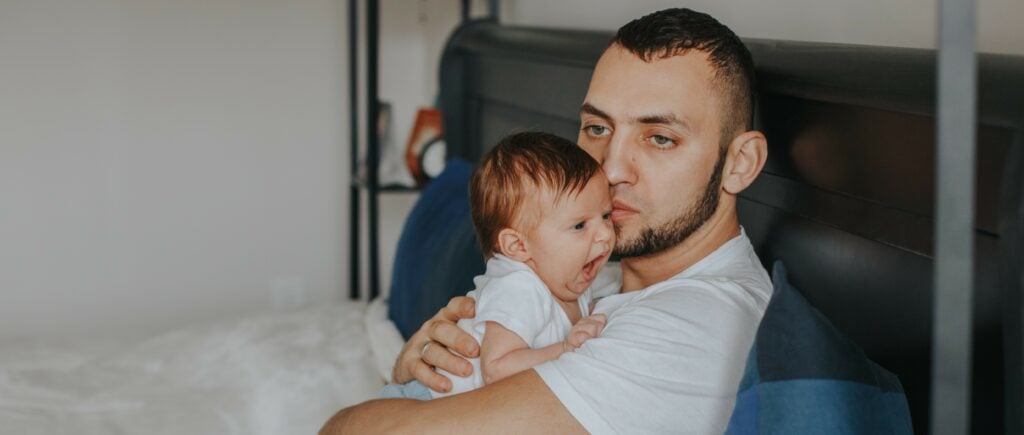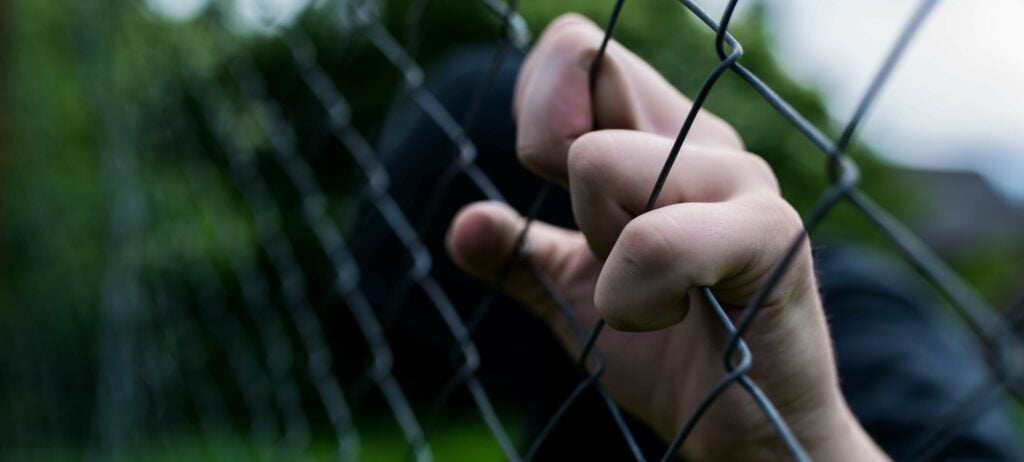Powerful as a mother: The magic that happens when moms join forces
Reviewed by Stephanie Steinman, PhD, CSAC


Last month, my daughters’ lacrosse team won their first-ever game after two long years of missed goals and dropped passes. Their victory brought an explosion of emotion on the field and in the stands.


In the weeks before, I’d been worried that the parade of defeats might be hurting the girls’ self-esteem or quashing their love of the sport. But when I asked, they told me they’d never quit—because their coaches (both of them moms) and the other moms running the show were, in their words, “pure awesome.”
On their team, and throughout the world of kids’ sports, mothers are all over the place. We run concession stands, we fundraise, and we show up to every game, near and far. The kids feel that energy, and it helps keep them going.
There’s something special about what mothers can do when we band together. We can inspire a struggling sports team, for sure, but we can also uplift entire communities, change national policies, and drive widespread change. The power of moms is not to be trifled with.
Forces of nurture
Chelsea Bodie, MACP, and Caitlin Slavens, MC, who work together as Mama Psychologists, are best friends, parents, and the coauthors of “Not Your Mother’s Postpartum Book.” They believe people respond to a strong sense of caretaking in mothers. “Every mama in the animal kingdom is protective over their babies, and there’s no difference for us,” Bodie says. “But humans can do it at a higher cognitive level.”
Moms can also extend that fierce protectiveness beyond their own families. Muffy Mendoza, founder and CEO of Brown Mamas, an organization that helps elevate and support mothers of color, says this urge to look after others comes from a place of strength. “When people hear the word ‘nurturing,’ they think about softness,” she notes. “Rarely do they think about the force of nurturing. When I think about nurturing, I think of this prolonged feeling of being held. That’s what’s so powerful: You’re being held and supported regardless of who you are, what your past looks like, or what your situation is.”
Together, protectiveness and nurturing can create an environment of unconditional support. Mendoza has witnessed this firsthand in her work. “When a mom comes to one of our support groups, she may cry because maybe she didn’t feel like she could cry before,” she says. “But within the realm of this super supportive space, she feels safe—and it’s the safety of that energy that really allows a person to be vulnerable with themselves.”
Other parents rely on mothers as protectors, too. Many of us advise our own children to ask a mom with kids for help if they ever get separated from us. Losing your child in a public place is a terrifying scenario, but it’s reassuring to imagine another mother watching out for them.
What a roomful of mothers can do
When Mendoza moved back from New York to her hometown of Pittsburgh, she had two small kids and was battling postpartum depression. “I knew I needed support, so I reached out to a few friends who were also moms, and we started getting together regularly,” she says.
The group helped Mendoza through her darkest days by sharing their own experiences and supporting hers. “I found validation through that group, which made me feel seen,” she says. It inspired her to start supporting other mothers of color “who wanted a space that intentionally focuses on motherhood.”
Brown Mamas was born soon after, and what began with a handful of moms in a living room now serves 10,000 parents nationwide. Mendoza’s team includes mothers who’ve used her services or worked elsewhere as peer mentors in the past. “I need all of my team, all of the Brown Mamas—because if it was just me, this movement would have died a long time ago,” she says.
Feeling connected and validated can help people cope with mental health conditions including anxiety, isolation, and depression, says Slavens. The supportive environment a group of moms can offer helps create a sense of community and safety: “It helps them let down their guard a little bit and feel like they have a connection to something else,” she says.
Getting help from each other—and mental health professionals
Helping other women to mother feels especially meaningful, says Mendoza. “When I first started Brown Mamas, a woman said to me, ‘The hand that rocks the cradle is the hand that rules the nation.’ That is so true. During those first 10 years in a child’s life, the mother is a central figure,” she says. “There’s just something to be said about having an effect on how a woman mothers her children. You really get a glimpse into what the future of your society will be, and you can help shape it.”
Bodie and Slavens often run therapy groups for new moms and moms with postpartum depression because of how affirming it can be for mothers to see and hear each other. “I did an online postpartum therapy group when COVID was happening and everybody was locked down,” Bodie says. “It was an amazing place where new moms could share their journey and support one another wherever they were.”
Like Bodie and Slavens, many therapists run groups specifically for women or mothers to help foster connections. It can also be helpful for mothers to work with a therapist who’s a parent too, so they can build on that shared experience.
Taking mom energy to the national level
Sara Cunningham, a self-described “woman of faith” from Oklahoma, initially struggled to accept her son after he came out.1 But once she understood the familial rejection and pain faced by many people in the LGBTQIA+ community, she brought her maternal love directly to them: In 2015, she went to a local Pride parade wearing a button that said “Free Mom Hugs.”
That action grew into a movement and an organization, Free Mom Hugs, with chapters in 50 states. While delivering warmth and affection, they’re also changing perceptions and breaking down barriers.
For generations, mothers have banded together to confront some of the biggest social issues in the United States: housing displaced mothers and babies, providing support to systemically excluded communities, and fighting to keep kids safe, among many other examples.2, 3, 4
When Shannon Watts began Moms Demand Action in her kitchen the day after the school shooting at Sandy Hook Elementary, she had no idea it would expand to 10 million supporters, also with chapters in every state. She put out the call to reduce gun violence in America, and mothers across the country answered—along with dads, brothers, husbands, friends, and students, all of whom trust that an organization run by moms will get things done.
“Mother” is a verb
Not all mothers give birth, not all of us are born nurturers, and we come in a range of genders, ages, and circumstances. But many of us—maybe even most—can find it in ourselves to mother. And that, says Mendoza, is where the real strength lies.
“I’ve always been amazed by the varying ways women find to mother, no matter their situation. Rural moms, city moms, unsupported moms, single moms—we all find a way,” she says. The true power of a mother lies in her ability to love and lift up the people around her. So when you get a group of us in a room together, watch out: The world is likely to change for the better.

Sources
About the author
Amye Archer, MFA, is the author of “Fat Girl, Skinny” and the coeditor of “If I Don’t Make It, I Love You: Survivors in the Aftermath of School Shootings,” and her work has appeared in Creative Nonfiction magazine, Longreads, Brevity, and more. Her podcast, “Gen X, This Is Why,” reexamines media from the ’70s and ’80s. She holds a Master of Fine Arts in creative nonfiction and lives with her husband, twin daughters, and various pets in Pennsylvania.
Related articles

Ask a Therapist: Parenting hacks
Join host Amye Archer and parenting experts Janine Halloran and Kate Sample for...

Dads get postpartum depression, too
We tend to connect PPD with the person who gives birth, but it can happen to...

To end violence against teen girls, start with teen boys
Teen girls are reporting more assaults, mainly by boys their age. How can we...

Taking our anxiety back to school
Heading back to school feels much heavier than it used to. Follow this...
